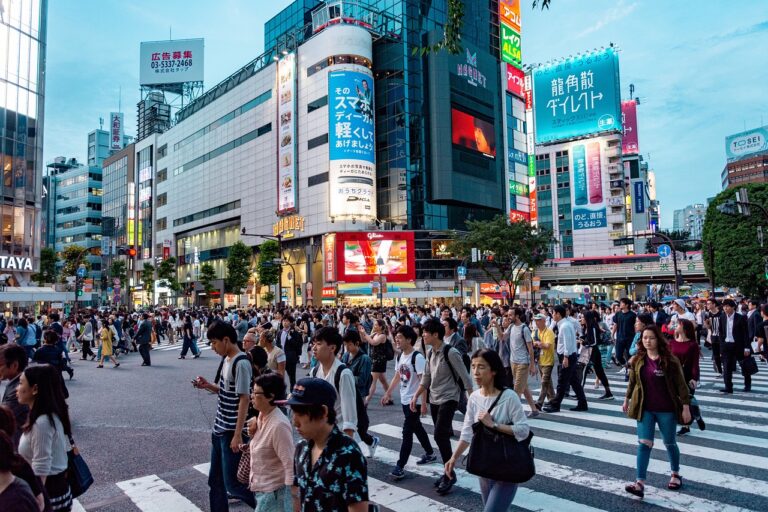Navigating International Trade Policies in a Globalized Business Landscape
International trade regulations are a set of rules and agreements that govern the exchange of goods and services between countries. These regulations aim to promote fair trade practices, minimize trade barriers, and ensure compliance with international standards. They play a crucial role in shaping the global economy and fostering economic growth across nations.
Countries often impose trade regulations to protect domestic industries, ensure product safety, and prevent unfair competition. These regulations can include tariffs, quotas, licensing requirements, and technical standards that govern the import and export of goods. By understanding and adhering to these regulations, businesses can navigate the complexities of international trade and leverage opportunities for expansion in foreign markets.
The Impact of Globalization on Trade Policies
Globalization has significantly reshaped trade policies around the world. As countries become increasingly interdependent through trade, the need for coordinated regulations and agreements has become more crucial. This interconnectedness has led to the rise of international trade agreements aimed at facilitating smoother trade relations and reducing barriers to entry for businesses.
Moreover, globalization has also brought about intensified competition among countries to attract foreign investment and trading partners. As a result, countries are often pressured to modernize their trade policies to remain competitive in the global market. This has led to the implementation of various measures such as tariff reductions, streamlined customs procedures, and enhanced intellectual property rights protection to foster a more conducive environment for international trade.
Key Players in International Trade Agreements
International trade agreements involve various key players who play crucial roles in shaping the global trade landscape. These key players include governments that negotiate and sign trade agreements on behalf of their countries. They are tasked with representing the interests and priorities of their nation to ensure that the trade agreements are beneficial and fair.
Apart from governments, international organizations such as the World Trade Organization (WTO) and regional trade blocs like the European Union (EU) also play significant roles in international trade agreements. These organizations set the rules and regulations that govern global trade and work towards promoting free and fair trade among member countries. By facilitating negotiations and providing dispute resolution mechanisms, international organizations contribute to the stability and predictability of the international trading system.
• Governments negotiate and sign trade agreements on behalf of their countries
• Represent the interests and priorities of their nation in trade agreements
• Ensure that trade agreements are beneficial and fair
• International organizations like WTO and regional trade blocs such as EU play significant roles
• Set rules and regulations governing global trade
• Promote free and fair trade among member countries
• Facilitate negotiations and provide dispute resolution mechanisms for stability
Who are some key players involved in international trade agreements?
Some key players in international trade agreements include countries, international organizations such as the World Trade Organization (WTO), multinational corporations, and trade unions.
How do international trade regulations impact global trade?
International trade regulations help to establish rules and standards for trade between countries, which can influence the flow of goods, services, and investments across borders.
What is the role of globalization in shaping trade policies?
Globalization has led to increased interconnectedness between countries, which has in turn influenced trade policies to promote free trade and economic cooperation on a global scale.
How do international trade agreements benefit participating countries?
International trade agreements can benefit participating countries by opening up new markets, increasing economic growth, creating job opportunities, and promoting innovation and competition.







